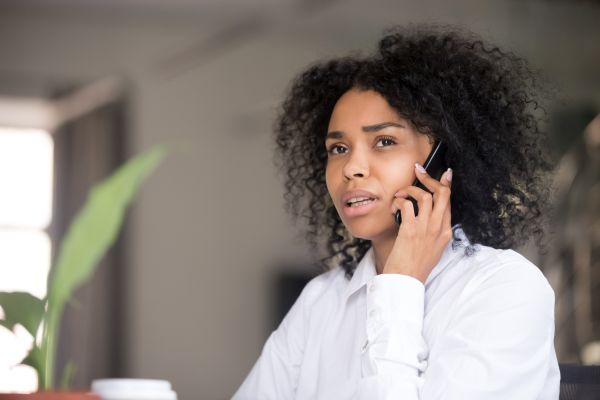For many people living with disability, illness or impairment, the advice to shield again feels like another hurdle, another challenge on top of the challenges most disabled people already face on a daily basis.
Shielding means further isolation. For many it’s a challenge to not become low, anxious or resigned.
Many disabled people I know have expressed how their services have been cut without any alternatives offered and they’ve felt ignored and second-class citizens whose needs are only considered after the non-disabled populations have.
This is demonstrated, for example, by the reduced council responsibility under the revisions of the Care Act 2014.
Yes, in some places charities and local volunteers have stepped up to support those shielding, and supermarkets have a priority list, but in many rural areas online shopping isn’t an option and many have been left to sort out their basic needs themselves.
Many others, like our family, have continued shielding since March regardless of government advice because this felt the safest thing to do. For those families nothing is changing with this new advice to shield.
Even for this group however where nothing is changing, I think like there is, as there is for the whole population, a fatigue setting in, a sense of ‘when will this change and how will we ever go back to how things were?’.
The negative messaging around disability combined with the isolation of shielding without having the right resources in place to live your life, is having a large emotional and psychological impact on many disabled people. Combined with daily stresses of being disabled, for many there can be a sense of panic or overwhelm.
These are unusual times and it’s a normal human response to feel this way.
However, counselling and psychotherapy are a vital resource for people who are shielding right now who are experiencing severe isolation, overwhelm or low mood.
First and foremost, therapy offers people a non-judgemental space to talk about their fears of contracting COVID-19, the impact of isolation and the impact on their relationships with spouses and family members.
Being in closed quarters with our loved ones can increase the sense of family bonds, unity and being in this together. For some people, however, it can exacerbate any relationship difficulties that were there pre-COVID-19.
Certainly, in our family, we’ve struggled with the additional stress that COVID-19 brings on top of the other stresses of living with disability.
We’ve also struggled practically managing our home and businesses without the support of our personal assistant (PA), as for many months this year we decided to manage without them due to the risk of COVID-19 coming into the home.
Many disabled families and individuals, however, don’t have the choice to do without their support.
The stress of trying to balance the needs and lifestyles of the PA or support worker – some of whom may be less cautious with regards to Covid-19 as they’re personally at lower risk – with those of the disabled persons can be extremely stressful as solutions are often difficult or impossible to find.
Therapy offers a place to explore new ways of coping with the situation.
In my work I’ve helped clients by offering them tools to deal with panic and overwhelm, by exploring alternative ways to structure their day and reduce isolation.
Part of my work has also been around offering a space to discuss and practise verbalising client needs to ensure their needs are met wherever possible.
A major theme is around lack of control and how to manage the reality of this.
Read more

Sharing your experiences
Marking one year since the start of lockdown, we’re sharing your blogs about the impact the coronavirus pandemic has had on you, your practice and your clients

Coronavirus: Advice for the public
Advice on seeing a therapist during the pandemic, plus tips, advice and coping strategies from our members to help you through these uncertain times

Coronavirus (COVID-19)
Guidance and resources for members
Views expressed in this article are the views of the writer and not necessarily the views of BACP. Publication does not imply endorsement of the writer’s views. Reasonable care has been taken to avoid errors but no liability will be accepted for any errors that may occur.
